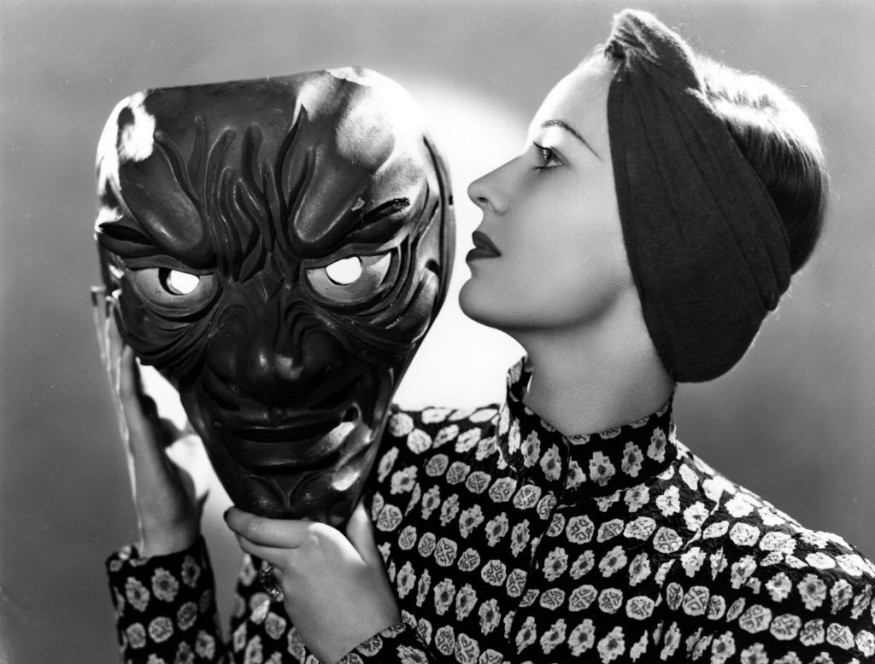You may not see the words "psychopath" or "sociopath" in the Diagnostic and Statistical Manual of Mental Disorders. That's because they prefer the more politically acceptable psychiatric word, antisocial personality disorder (APD).
Anyway, we don't need a textbook definition since we all recognize one when we see one. Sociopaths and psychopaths are elusive and hard to spot because of their "deviant behavior."

Psychopaths vs. Sociopaths: What's the Difference?
Experts believe that psychopaths and sociopaths express common behaviors. They lack a concept of what is wrong and right and cannot fully consider the emotions of another.
The distinction is that there's no guilt in the psychopath. He might lie to you about the position, convince you that if he knows full well that you won't, you'll get a raise and a bonus. He's going to face you straight in the eyes, and he's going to reassure you that your work is super healthy and stable right up to the point he shoots you.
A sociopath is the little brother of a psychopath. He's got a touch of guilt, and he thinks he's dishonest to you, but he does so nonetheless.
Certain industries are reported to have many of those with APD. To earn the exalted CEO position at a top company, some reports say you have to be on the high end of the psychopathic continuum.
How to spot a real psychopath?
Now, how can you know whether a real psychopath is interacting with you?
As outlined by the Hare Psychopathy Checklist, psychopaths must follow a certain collection of requirements.
Though psychopathy can be identified only by an expert, some of these symptoms are evident.
Sadistic goals and intentions.
Andrew Faas, a former senior executive of the two biggest retail companies in Canada and author of "The Bully's Trap," said that sadistic behavior is one of the most telling indicators.
Through fear, rather than reverence. He notes that this is how a psychopath motivates others.
This one aspect is what divides psychopaths from a manager or coworker who," he said, "is merely firm."
Shallow charm.
At expressing themselves properly, psychopaths are experts.
Psychologist Robert Hare, the Hare Psychopathy Checklist author, wrote a post on Psychology Today that these sociopaths and psychopaths are excellent conversationalists who can effortlessly scatter chit-chat with clever comebacks and "unlikely yet compelling" tales that make them look fine.
You may think the psychopath is decent, delightful, and faced with such charisma even by the end of the discussion.
Grandiose self-esteem calculation.
Psychopaths, according to Hare's article in Psychology Today, perceive themselves as the center of the world. They are so important that they feel other people are only objects to be used in their eyes. Hence, the level of confidence.
Several persons suffer from managing their egos. On the other side, psychopaths may be characterized by their excessive amount of confidence, as per Psychology Today's Dr. William Hirstein. Please beware of the coworker who is constantly going on how awesome they are.
Pathological liar.
When psychopaths blatantly lie, they can't stop and wouldn't want to stop.
Faas said that there is academic dishonesty with bullies that they deliberately resort to. Psychopaths do not worry if their deception is exposed, unlike ordinary people, so they will only lie again and cover it up, he notes.
Non-acceptance of rules.
For flaunting social expectations and laws, psychopaths are legendary. They are so self-centered and cold-hearted, just like narcissists, that they only assume they can get away with awful actions, wrote Amy Morin, a professional psychiatric social worker, and psychotherapist, in an article written in Psychology Today.
Lack of respect.
Psychopaths are single-minded: Like a parasite, they care about themselves and what they wish to do.
Faas said these persons would live their lives and do, speak, and act the way they like to behave without others' respect.
He claimed that because they have such an exaggerated sense of themselves, psychopaths do anything they want. They don't believe the usual rules of existence extend to them. In terms of how they live their lifestyle, like bullying others, they have command and influence. Certain groups of persons believe they are resistant to all critique.
Sneaky and deceptive.
Faas wants to claim that psychopaths are practitioners of three things: coercion, deflection, and deceit, both of which allow them to hold "number one" above water, themselves.
"When something goes good, they are really likely to claim credit for something, and when something goes bad, they are searching for a scapegoat to divert things and share the credit," he added.
Taking credit.
Psychopaths like to take credit for something they did not do or for something they contributed so little.
For months, you'll be focused on a complicated job. You've traded nights, Saturdays, and family events to perform ahead of time with the boss. You proudly produce the final product. Your manager and friends, behind closed doors, enthusiastically and excitedly tell you how proud they are of you.
But then the psychopath would gaslight you as you return to the boardroom by suggesting, "Try to help out a little next time." You can see him scratching his head and smirking as though he had to handle it on his own.
Check out more news and information on Psychology in Science Times.












